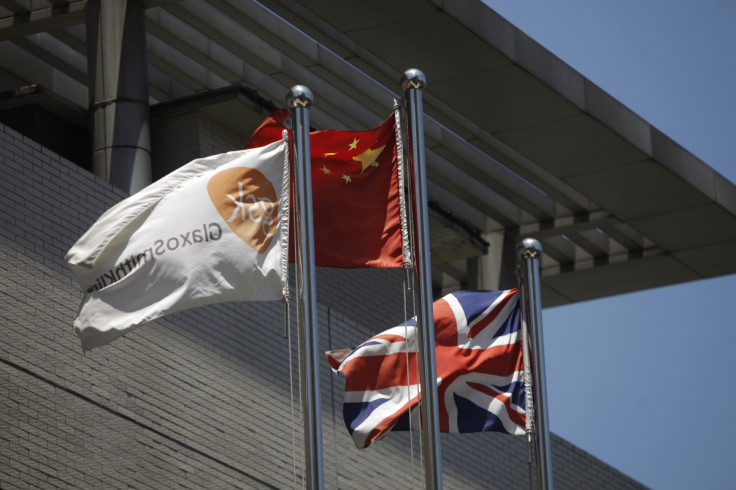GlaxoSmithKline China Accused of Tax Evasion Via AIDS Treatment

A Chinese newspaper has accused GlaxoSmithKline's China unit of evading £9.53m in taxes in its HIV treatment protocols, mounting pressure on Britain's largest pharma company which is already battling corruption charges against its executives in China.
A report in the Legal Daily newspaper, run by the ruling Communist Party's Commission for Political and Legal Affairs, said GSK deliberately imported Lamivudine, a drug used to treat HIV and hepatitis, at a higher cost.
Along with using tax loopholes for charitable donations, this helped GSK "avoid over 100m yuan (£9.53m, $16m, €11.7m) in import value-added tax and corporate income tax," the report said.
The Legal Daily report followed accusations by state-run press agency Xinhua that GSK used transfer pricing to artificially reduce its profits and tax expenses in China, reported Reuters.
Large multinational companies are adept generating all sorts of extra "costs" through dealings between affiliate companies as separate accounting entities.
Calls from IBTimes UK to GSK's media relations team in London were unanswered.
"The most serious thing is that through this sham charity, GSK blocked the Chinese government making its own generic drugs to treat AIDS, so that it could attain a monopoly over the hepatitis drug market," the Legal Daily said.
GSK Bribery Scandal
Xinhua said last week that Beijing's corruption charges against GlaxoSmithKline's former China boss, Mark Reilly, and two others is a major warning sign to multi-nationals that are looking or have set up shop in the country.
In an English language editorial piece Xinhua, the paper which is viewed as the mouthpiece for the People's Republic of China, said that the scandal could also do irreparable damage to GSK's Chinese operations, and foreign corporate integrity overall.
Last week, China formally announced charges against Reilly and two other executives, Zhang Guowei and Zhao Hongyan, following claims that they routed 3bn yuan ($488m, £307m, €365m) in bribes to doctors through 700 travel agencies and consultancies over six years.
© Copyright IBTimes 2024. All rights reserved.






















